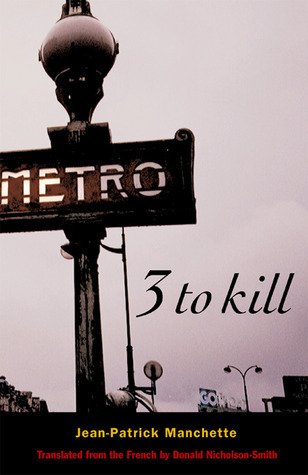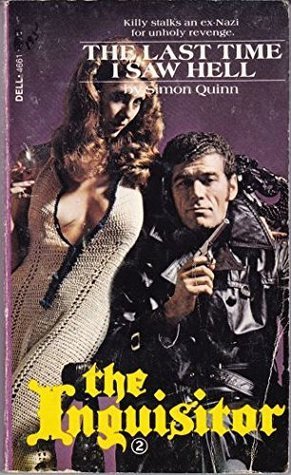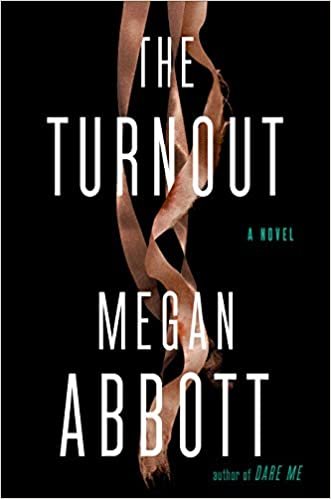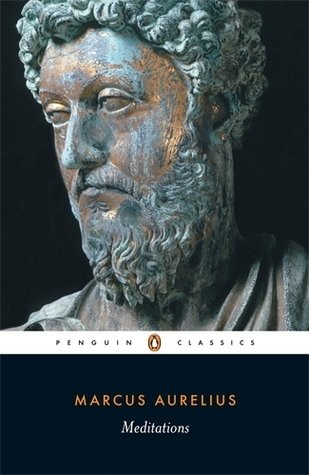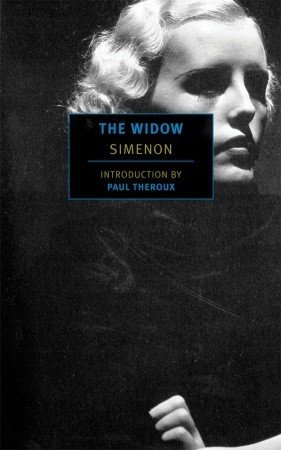Books I Read September 26th, 2023
Reading has slowed somewhat this month, in part because I've started working in a kitchen again and in part because I spent the bulk of it trying to work through William H. Gass's magnum opus.
Three to Kill by Jean-Patrick Manchette – An assassination attempt offers a bourgeois father opportunity to escape his conventional existence, kill several people. One of Manchette's best.
The President by Simenon – An aging French premier reflects on his career, corruption, the nature of political service, etc. One of Simenon's seemingly endless works of slim excellence.
The Last Time I Saw Hell by Simon Quinn – While working my way through the Tunnel (below), I gave myself permission to read whatever pulp crap I could find. This book, the second in a series about a spy working secretly for the pope, which I picked up off a swivel rack at Bart's Books in Ojai, fit that bill to a T. (It's even written on that old fashioned 70's paper that crumbles apart like flaky pastry.) Actually considering everything it wasn't bad, it's complete nonsense but it moves fast and doesn't get in its own way.
Nifft the Lean by Michael Shea – I picked this up for the same reason, though to less effect. A Jack Vance/Fritz Leiber knock-off of the sort which spends three pages describing a demon who gets killed on page 4. A worse slog than the Tunnel ended u being.
Books of Blood by Clive Barker – The kind of horror which somehow works despite you knowing where every story is going to go from the first page. Unoriginal but effective, I find myself wanting to read another.
The Tunnel by William H. Gass. – The bible-length culmination of 26 years of work by one of the 20th century's most talented writers of prose, The Tunnel is a Big Book, of the kind which resists easy estimation, an attempt to mine the darkest corners of the human psyche for...something? We'll get to it. Our Underground Man is Frederick Kohler, a middle-aged, morbidly obese, pencil-dicked, pro-Nazi who begins writing an embittered exploration of his awful, banal existence, while also (metaphor alert!) digging a tunnel in his basement. After 50 odd pages off an impenetrable introduction of the sort which seems de rigeur in post-modernist texts, it settles into a fairly comprehensible autobiography: long episodes of self-flagellation, recollections of failed love affairs, character sketches of our anti-hero's hateful wife, idiot children, false friends, drunken mother, bigoted father, etc., along with an enormous amount of attention paid to flatulence and micropenises.
There's a game I like to torment myself with when I'm reading this kind of mind-scalding opus, which is, basically, if I didn't know that a genius wrote this, would I think a genius wrote this? With Gass, at least, the answer is yes – line to line the man is a marvel, almost any page will have a phrase or throw-away metaphor which seems ineffably original, a genuinely new use of language. Those rare bits of text not mired in grotesque despair are beautiful, and even the larger portion of the book given over to excavating the banal horridness of existence is insightful.
The question, then, becomes whether you want to spend what will be many hours of your life in the company of so unpleasant a character as Gass creates, rather than, say, baking a cake, or watching football or going for a walk. Most of these sorts of post-modern masterpieces, books aiming to encapsulate an enormous swath of the human experience, allow for more levity and joy than The Tunnel, which is quite monochrome compared to the prismatic tableau of Ulysses or Petersburg. Still, at bottom Kohler is a cautionary tale, and Gass is attempting to obliquely demonstrate life's value by the minute inscription of a creature so incapable of appreciating them. This is not a nihilistic book in any sense, with Kohler's insistence that his experience represents the universal human reality ringing deliberately hollow.
All of which is to say, I suppose, that while I'm not sure it was worth a quarter-century of effort, or that I would casually recommend it, I enjoyed this and would consider it a success.
Zen Flesh, Zen Bones: A Collection of Zen and Pre-Zen Writings by Paul Reps (Editor) and Nyogen Senzaki (Editor)

